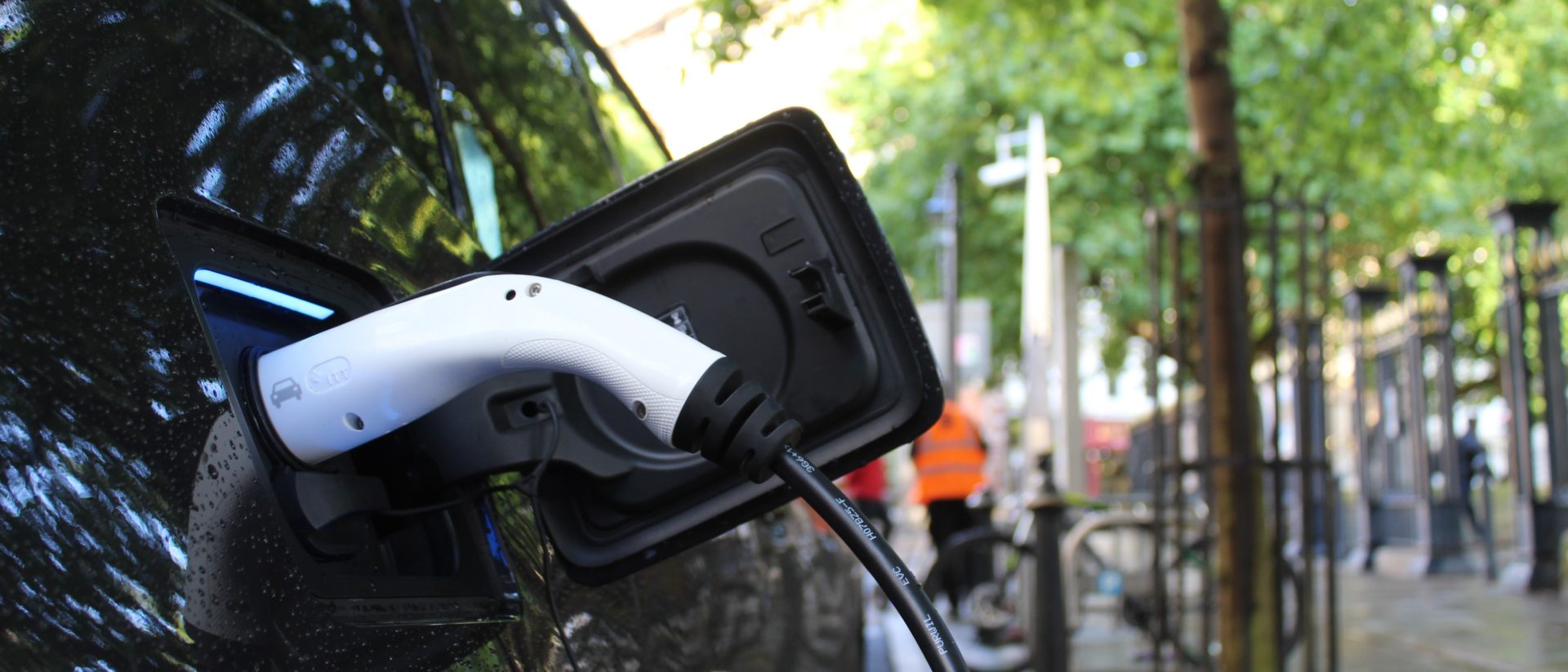- REA has welcomed the Government’s backing for Britishvolt gigafactory;
- Factory set to produce enough batteries for over 300,000 electric vehicles each year;
- Investment welcomed, but REA says more is needed to support additional projects.
The Association for Renewable Energy and Clean Technology (REA) has welcomed the Government’s in principle offer of funding for Britishvolt’s gigafactory in Blyth, Northumberland.
Once operational, the factory will produce enough batteries for over 300,000 electric vehicles each year. The project is also set to create 3,000 direct highly-skilled jobs and another 5,000 indirect jobs in the wider supply chain, underlining the economic benefits of decarbonisation.
Manufacturing batteries in the UK is not only great for jobs and investment, but also for the environment, as the batteries are built close to where they can be used instead of being shipped to the UK from the other side of the world.
The REA says that further investment will be needed to deliver the number of gigafactories needed to support the UK’s automotive industry, scale up EV production and move closer towards Net Zero. The proposed project in Coventry is cited as one such development which urgently needs funding.
Additional investment will be required to develop the UK’s battery recycling capability to reduce wastage of rare elements such as lithium and cobalt, the extraction of which is both cost and emissions intensive.
Jacob Roberts, Transport Policy Manager at the Association for Renewable Energy and Clean Technology (REA), said:
“This is a really welcome investment from the Government – Britishvolt’s gigafactory in Blyth is now set to be at the heart of the UK’s electric vehicle future.
“With around 8,000 direct and indirect jobs being created, it shows the added value that can be delivered through siting gigafactories in areas in need of jobs and investment, and underlines the economic benefits of decarbonisation as well as the environmental ones.
“Further investment will be needed to deliver the number of gigafactories needed to support the UK’s automotive industry, scale up EV production and move closer towards Net Zero. The proposed project in Coventry is another development which urgently requires funding, so we hope that Britishvolt’s gigafactory will be the first of many to receive Government backing.”
—ENDS—
For more information or to request an interview, please contact:
Jack Abbott, PR and Communications Manager,
07862 038370/ [email protected]
Notes to editors
About the Association for Renewable Energy and Clean Technology (REA): The Association for Renewable Energy and Clean Technology (known as the REA) is the UK’s largest trade association for renewable energy and clean technologies with around 550 members operating across heat, transport, power and the circular economy. The REA is a not-for-profit organisation representing fourteen sectors, ranging from biogas and renewable fuels to solar and electric vehicle charging. Membership ranges from major multinationals to sole traders. For more information, visit: www.r-e-a.net

